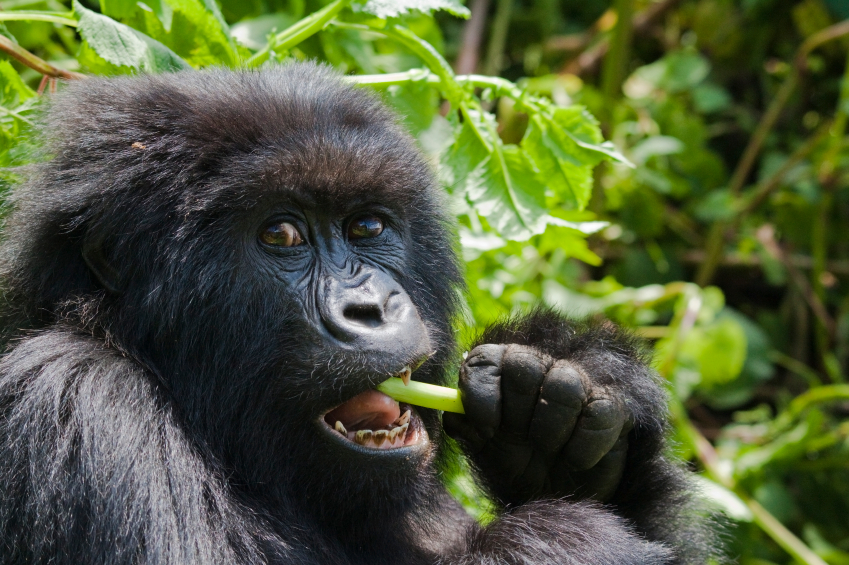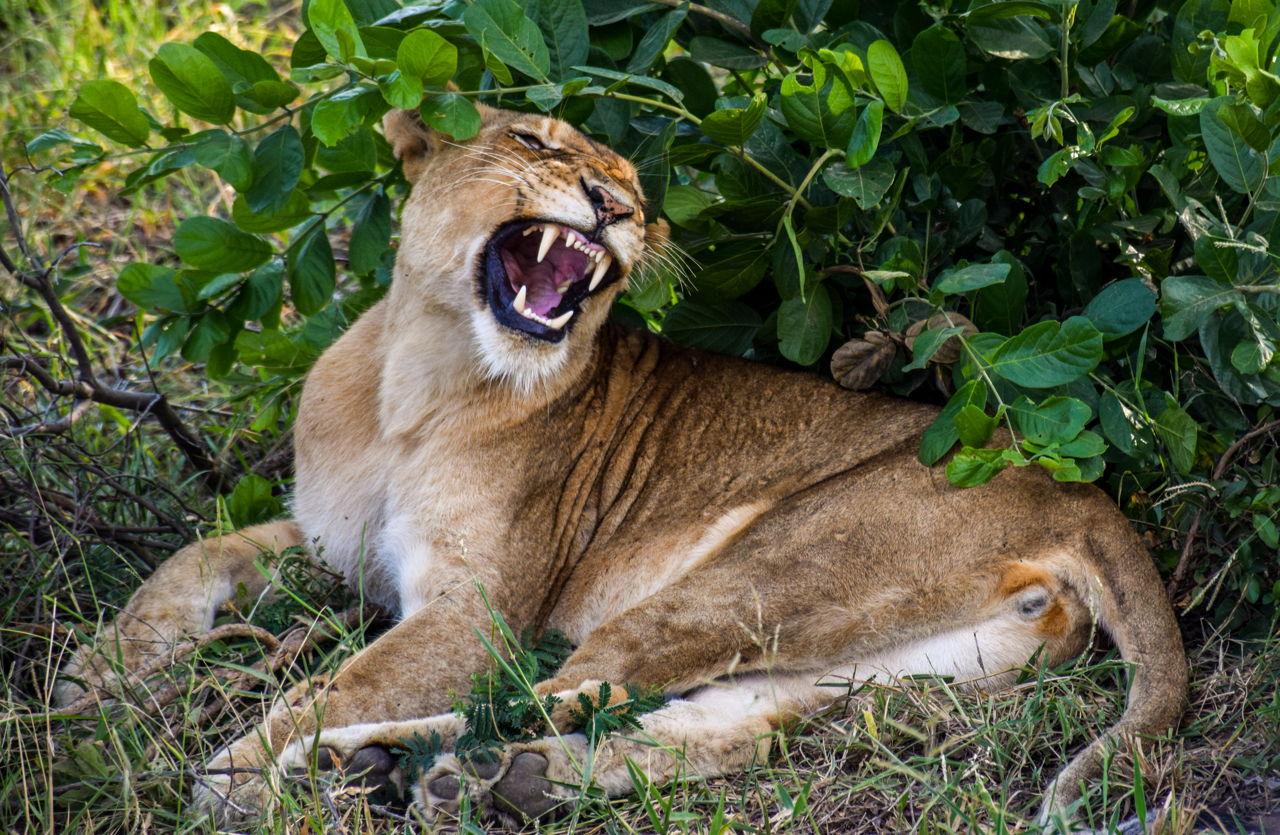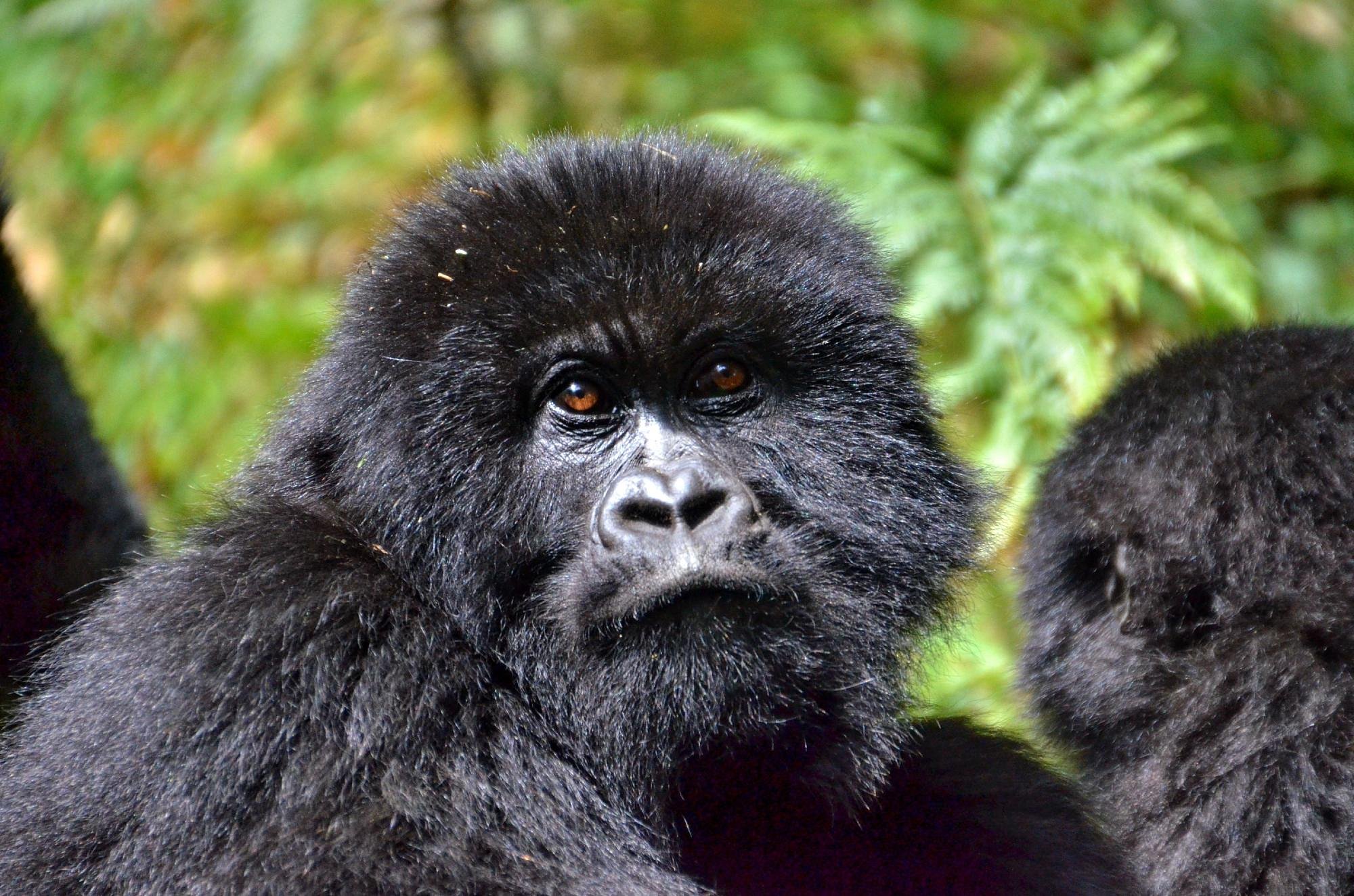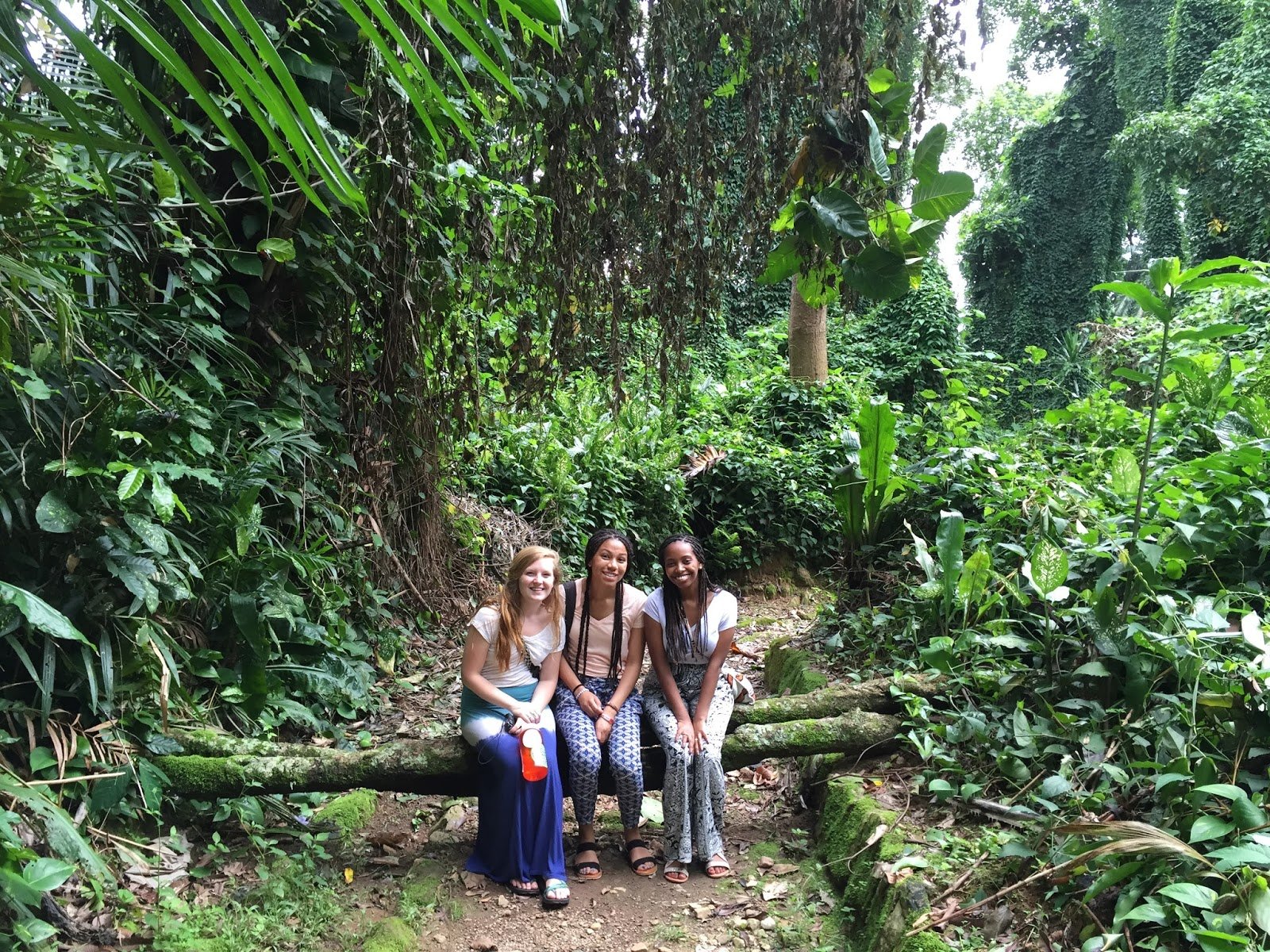
Travelling to Uganda during COVID-19
Travelling to Uganda amidst the Second COVID-19 Lockdown
Uganda, like most countries has been affected by Covid-19 with literally every aspect of life-working and earning, travel, education and social life being altered. A new normal had to be adjusted.
The country went through the first wave and now the second wave of Covid-19, which comes with several restrictions like halting travel from category 1 countries (including India), closing of places of worship, imposing curfew, closing weekly non-food markets as well as suspending public and private transport except for registered tourism vehicles and other essential sectors.
Tourism in National Parks and other Protected Areas were suspended during the first lockdown of 2020 but are now open during the second lockdown.
Accommodation facilities including Hotels, Safari Lodges and Guesthouses are allowed to continue operating, while following Standard Operating Procedures (SOPs) like emphasizing wearing of face masks, practicing social distancing as well as hand washing or sanitizing for guests and staff. With the majority of the country’s destinations opened to tourists, visitors are also concerned about the circumstances of travelling into the country amidst the second covid-19 wave and subsequent lockdown.

Firstly, Entebbe International Airport is open to all tourists, except those from category 1 countries (according to the Ministry of Health) like India. According to a statement from the Ministry of Health on 1st May 2021, all flights from India and all passengers from this country were suspended” until further notice.
The same statement also advised tourists from Category 2 countries (Kenya, United Arab Emirates, Tanzania, United States of America, Ethiopia, Turkey, United Kingdom and South Africa) to contemplate postponing non-essential travel into Uganda. However, Ugandans and other travelers from Category 2 countries have to first undergo a mandatory PCR test on arrival at Entebbe International Airport or any other points of entry.
All travelers into the country shall be required to wear face masks approved by the Uganda Ministry of Health , sanitize, be subjected to thermal screening and hand washing in addition to the usual security requirements at the different points of entry.
Visitors from countries that are not included in category 1 and 2 have to present original, authentic and valid Covid-19 PCR Test certificates issued at least 3 days prior to arriving Uganda, because they will not be subjected to rest. Invasive Covid-19 testing such as temperature checks and rapid tests are conducted on all arriving travelers and if Covid-19 signs and symptoms are detected, they have to undergo isolation, thorough checks and treatment. Negative results means passengers can continue to their respective destinations.
However, passengers from Category 1 and 2 countries that have undergone full Covid-19 vaccinations, have negative PCR Test certificates and don’t show signs or symptoms of the virus don’t necessarily have to undergo PCR Tests at entry points. After successfully undergoing the required Covid-19 procedures and immigration processes, travelers can then continue to meet travel representatives (safari guides) from accredited tour operators since only tourism or Hotel vehicles (besides other essential sectors) are allowed to offer transport services.
Can visitors trek the mountain gorillas, chimpanzees and golden monkeys?
Yes. Unlike the first lockdown where National Parks were closed and primate treks suspended, the second lockdown did not come with very strict restrictions to tourism. Travelers that have successfully undergone vaccinations and/or Covid-19 tests and received negative results (with valid PCR Test Certificates) are allowed to trek the mountain gorillas/chimpanzees/or golden monkeys as long as they are eligible.
With eligibility, persons have to be 15 years and above, possess valid gorilla permits and be physically fit. Standard Operating Procedures (wearing face masks, hand washing or sanitizing and practicing social distancing) are emphasized in addition to the usual primate trekking guidelines such as maintaining 7-meter distance from primates, spending only one hour in their presence, not dumping rubbish in the National Parks and many other guidelines.



